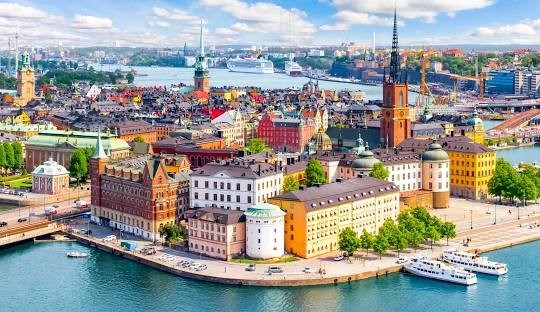Declare seven former Swedish ambassadors to Managua

They note that “the new Nicaragua that started so promisingly (in 1979) has today, under Ortega and Murillo, become a brutal dictatorship”.
HAVANA TIMES – Seven former ambassadors of Sweden to Nicaragua signed a letter published in the Svenska Dagbladet newspaper, urging their country’s authorities to get more actively involved in opposing the dictatorship of Daniel Ortega and his wife and vice president, Rosario Murillo. They suggest cutting off their financing from the World Bank, and ensuring that they are internationally condemned for violating the Convention against Statelessness.
The document, signed by Eivor Halkjaer, ambassador to Nicaragua between 1994 – 1997; Jan Bjerninger (1997 – 2000); Klas Markensten (2000 – 2003); Eva Zetterberg (2003 – 2008); Ewa Werner (2008 – 2010); Michael Frühling (2010 – 2014), and Anders Kompass (2017 – 2020), follows in the tradition of diplomacy from this European country. In July 2018 Sweden made a similar request to help find a solution to the Nicaraguan crisis that erupted in April 2018.
The signatories point out how for many years, their country was very involved in helping Nicaragua “recover after decades of misgovernment and oppression under the brutal dictatorship of the Somoza family. Thousands of Swedes, known and unknown, traveled there to contribute to economic and social development and to a democratic society. They built schools and health centers, contributed to the award-winning literacy program for poor agricultural workers and families from poor neighborhoods, developed knowledge and technical capacity for industry, strengthened agriculture, and helped create a police force that became famous for its work against gender violence”.
They add that “the new Nicaragua that started so promisingly has today become a brutal dictatorship under the command of Daniel Ortega and his wife Rosario Murillo, the self-proclaimed vice president. The regime has not only imprisoned and exiled the country’s main politicians, journalists, human rights


